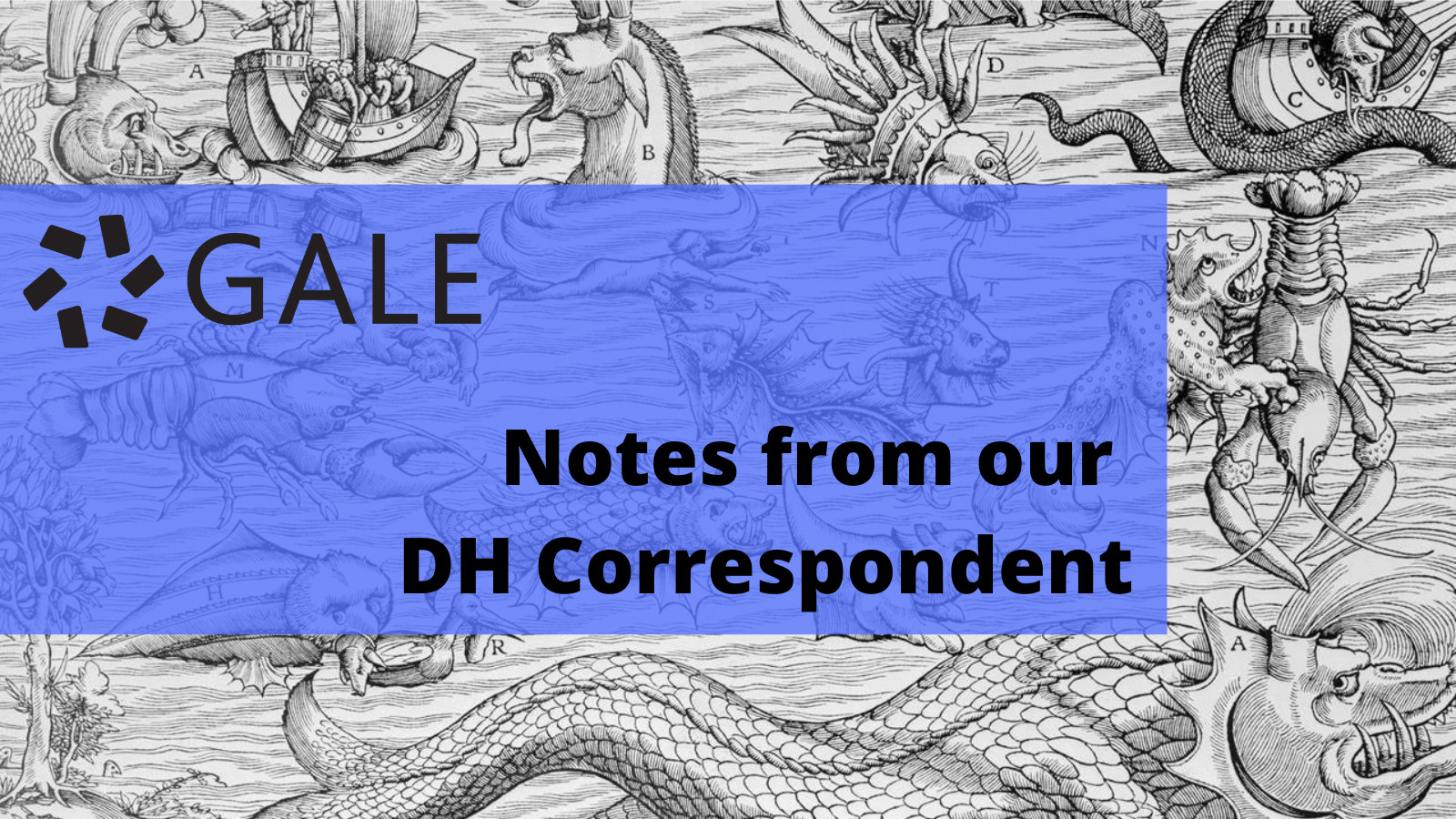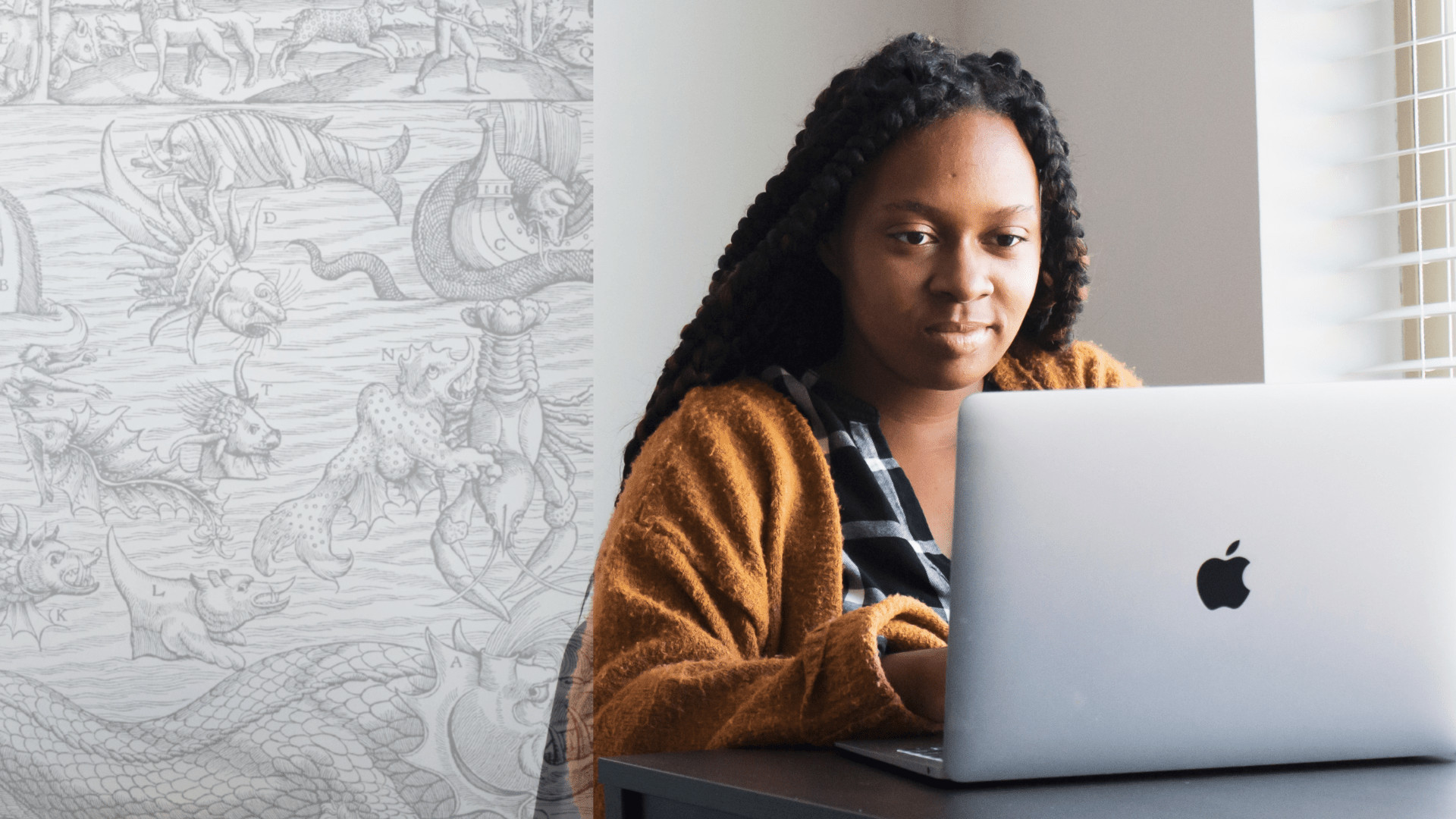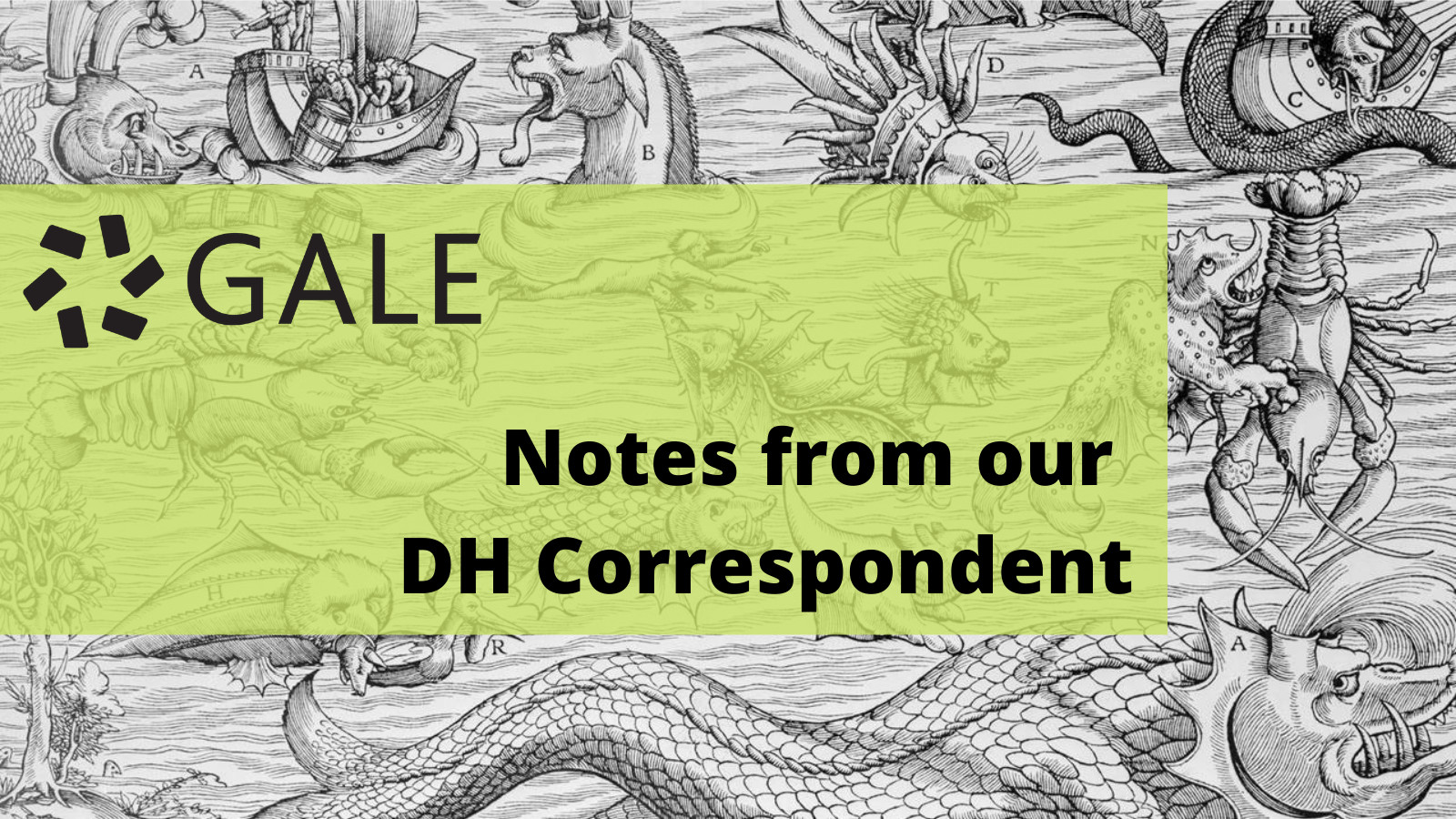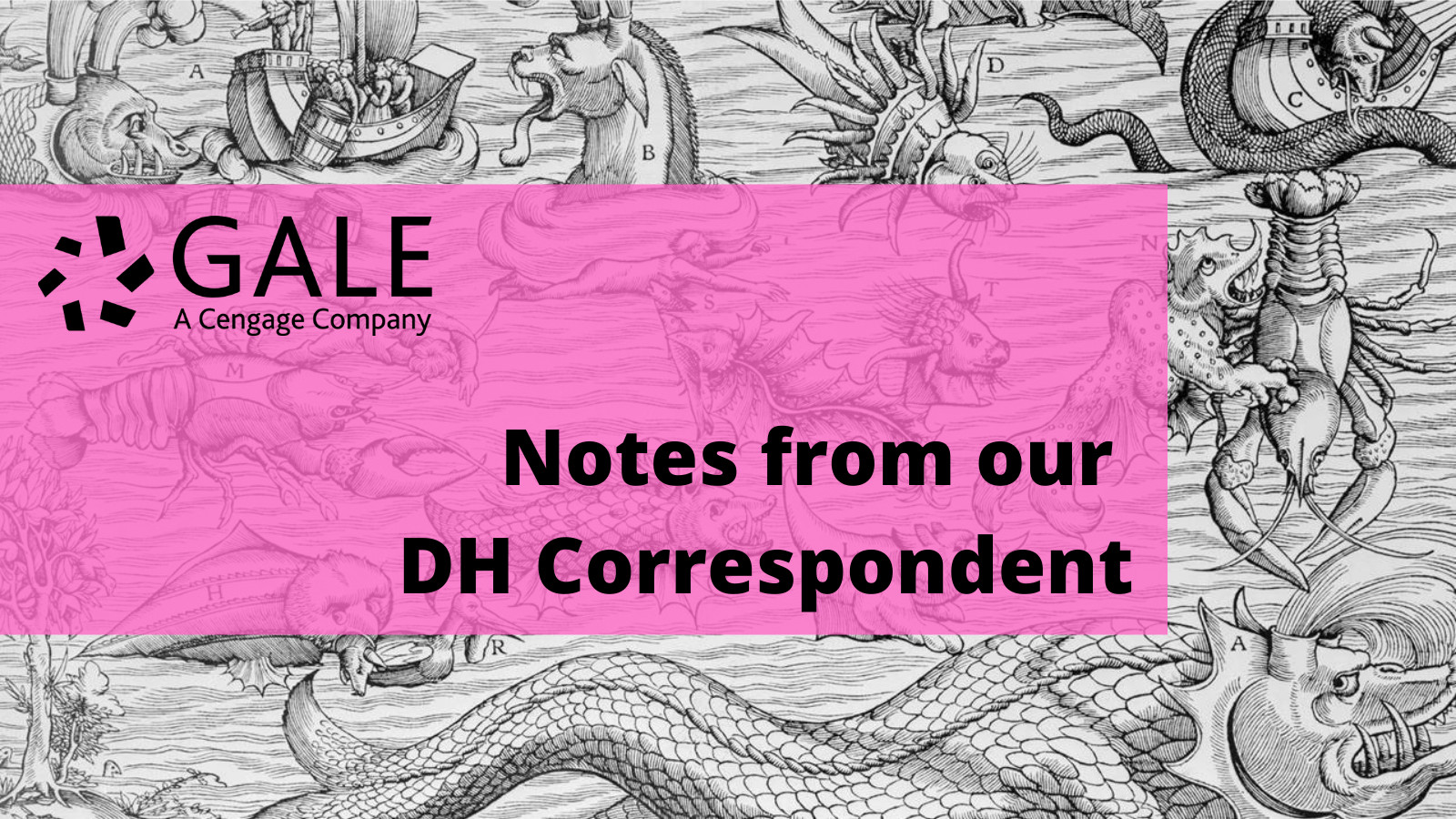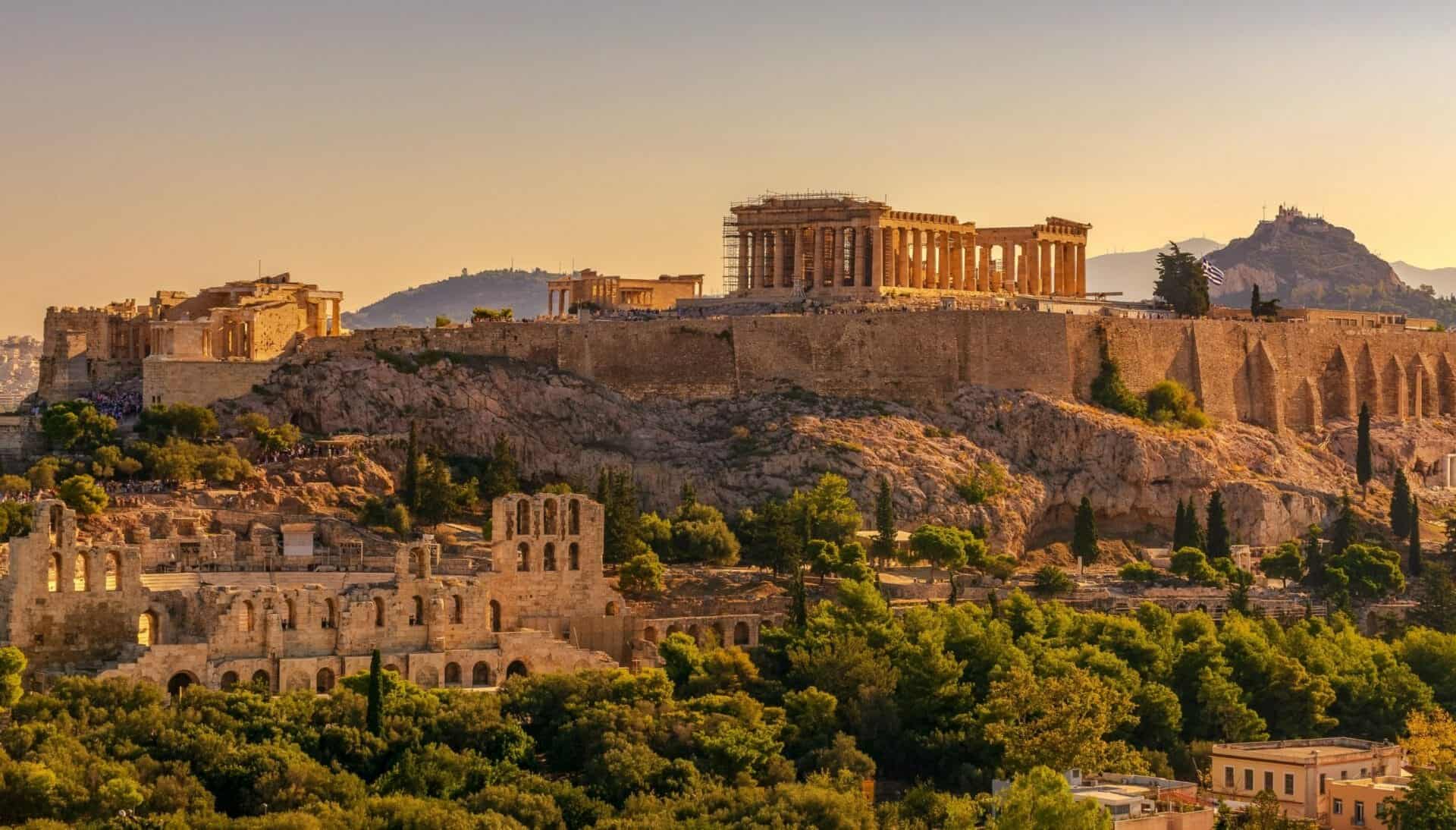| By James Carney, Senior Gale Ambassador at King’s College London |
Since the new millennium’s infancy, popular culture and famous lifestyles have captivated the public to an ever greater extent. From the emergence of social media, to the escapism provided from global crises or even the marketability of celebrities in late stage capitalism, the facets of stardom’s grip are numerous. Pop culture has always been a platform for performance – be that of one’s talent, beauty, wealth or quirkiness – but in the twenty-first century, fan reaction and engagement have assumed a far more prominent role in these public theatrics. The political, social and artistic zeitgeist has become rooted not only in celebrity action, but in the increasingly deterministic public reaction too. Gale resources can be used to present the emergence of such a dichotomy through records of both output and interpretation, illuminating the dynamics of the twenty-first century’s evolved popular culture for both academic enquiry and entertainment.


